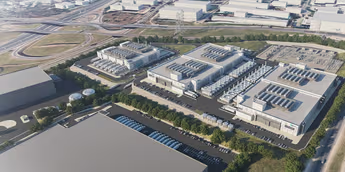Presidential System a Threat to Nigeria’s Democracy — The Patriots Warn

By Erewunmi Peace
A coalition of elder statesmen, legal experts, and civic leaders under the banner of “The Patriots” has declared that Nigeria’s presidential system of government poses a serious threat to the future of democratic governance in the country.
The statement was made during a National Summit on the Future of Nigeria’s Constitutional Democracy held in Abuja, where stakeholders from across the country gathered to assess the state of Nigeria’s democratic institutions and constitutional structure.
“The current presidential system is too expensive, prone to abuse, and has failed to promote good governance and public welfare,” the group declared in a joint communiqué issued after the summit.
Key Resolutions from the Summit:
Constitutional Reform: The group called for the drafting of a new, people-centered constitution, emphasizing true federalism and accountability.
System Change: A shift away from the current presidential system to a more cost-effective and inclusive structure, possibly a parliamentary or hybrid system, was strongly recommended.
Electoral Overhaul: They advocated for all elections to be held on the same day, the full implementation of BVAS (Bimodal Voter Accreditation System), and real-time electronic transmission of results.
Decentralization of Power: The summit highlighted the need for stronger subnational governments, arguing that the current concentration of power in the federal government undermines democratic development.
Prominent members of The Patriots include retired justices, senior advocates of Nigeria, former governors, and civil society leaders — many of whom have played pivotal roles in Nigeria’s democratic history.
They emphasized that genuine democratic reform is impossible without structural change, and urged the National Assembly, civil society, and the Nigerian people to support the movement toward a more sustainable and equitable democratic framework.
Nigeria has operated under a presidential system since the return to democracy in 1999. However, critics argue that the model has become unsustainable, leading to widespread corruption, elite dominance, and poor delivery of public services.
The summit’s recommendations are expected to spark national debate ahead of the 2027 general elections, especially as the country faces mounting pressure to fix issues related to governance, insecurity, and economic hardship.




















































































































































































































































































































































































































































































































































































































































































































































































































































































































































































































































































































































































































































































































































